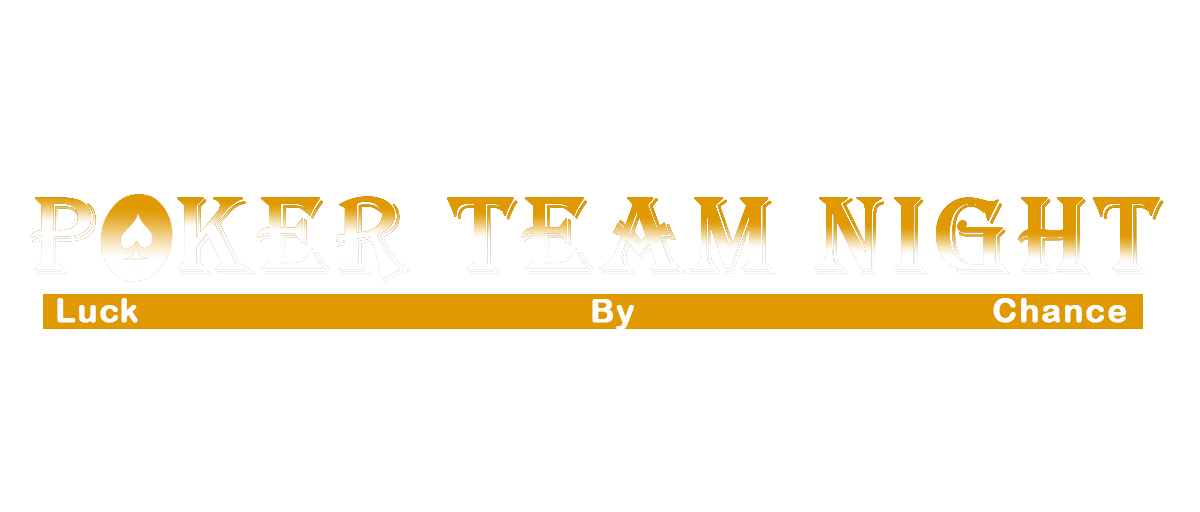Poker is any of many card games where players wager over which card is most often best according to the rules of that game. If you’ve ever played poker, then you know that each poker room will have its own ranking system based on how players place their bets. Some rooms are no holds bared; others will have very strict rules about who gets to sit at the table and how those players are ranked. But no matter what type of poker room you play in, the overall goal is the same: to win. In order to do that, players need to be skilled at learning the various betting and winning systems used by the different poker rooms.
There are four types of poker chips on the table: Royal flush, straight flush, three of a kind, and five of a kind. A Royal flush is a single card in the middle of two cards, a straight flush is a pair of cards directly across from two cards, and a three of a kind is a set of cards dealt in a straight line. The player who has the most cards after the pot when there is a match all the way up to the last card in the final table wins the pot.
Two Types of Poker Games;
There are two main types of poker games that feature wild cards: draw-heavy and non-draw-heavy. Draw-heavy games where you’re betting more than your bankroll on every hand you play and hoping you draw enough cards to “swing” the pot to your favor usually end in a no-brainer victory for the house. Non-draw-heavy games where you’re not betting as much as your bankroll on every hand usually end in some upsets or at best a long struggle for a win. The key to winning in draw-heavy games is to have excellent playing skills, solid hand strategy, and the patience to wait for that one draw to really win you the pot. There are a few tips that can help you do just that.
Before placing any bets on a new game, be sure to read over the rules. See what type of chips are involved and what chips are legal for you to use. Many tournaments have a chip limit, so be aware of the maximum number of chips you can buy in to play with. Most importantly, know the payout percentages of the different pots available throughout the tournament.
Aspects of Poker Players:
One of the most crucial and often underdeveloped aspects of poker players is discipline. In many instances, players will bet regardless of whether they have an optimal play or not. If you have a habit of betting regardless of your optimal play, then it’s time to develop discipline. It’s very easy to slip into bad habits and continue losing in tournaments, while at the same time improving your consistency at home. Your consistency doesn’t just have to do with having the ability to stay in control, but also with the correct timing of when to act and when to fold.
Poker players either sit or stand when playing. Some players either bet exclusively with their coins or exchange them for chips when drawing cards. When you’re betting with your coins, be sure to keep track of how many times you’ve raised or re-raised the bet since you may accidentally lose more than you’ve raised. A lot of beginner poker players either call the flop or raise early in the game. This is usually not the best move since a player may already be in a hand and may call without considering all their possible flops.
